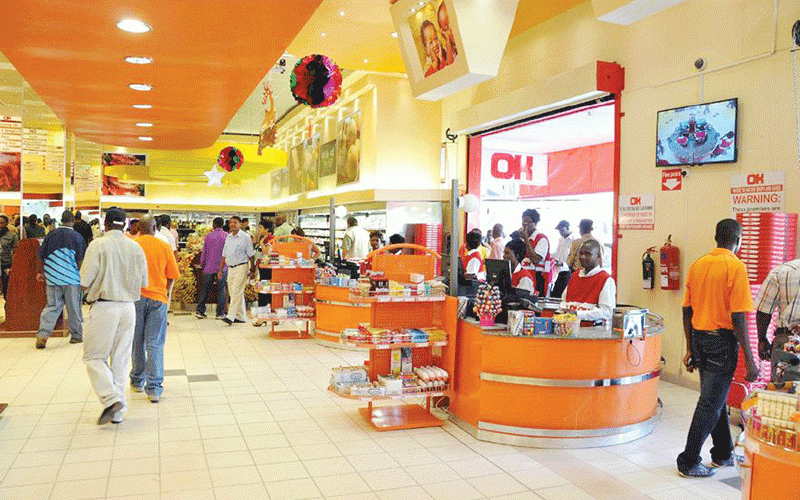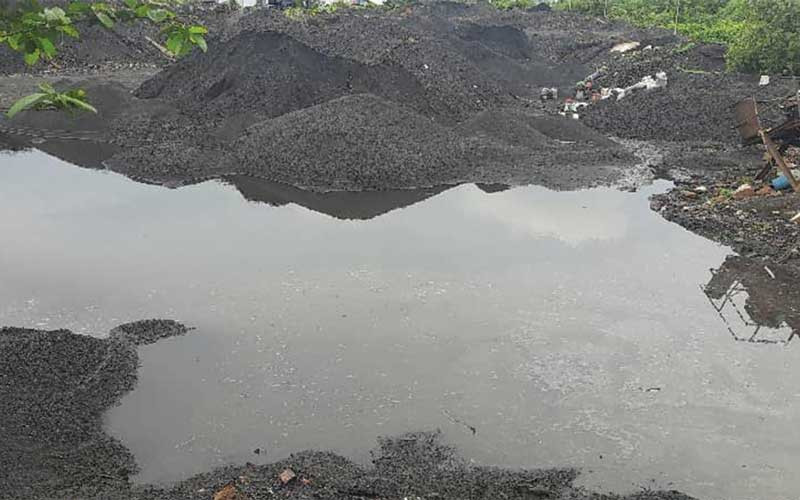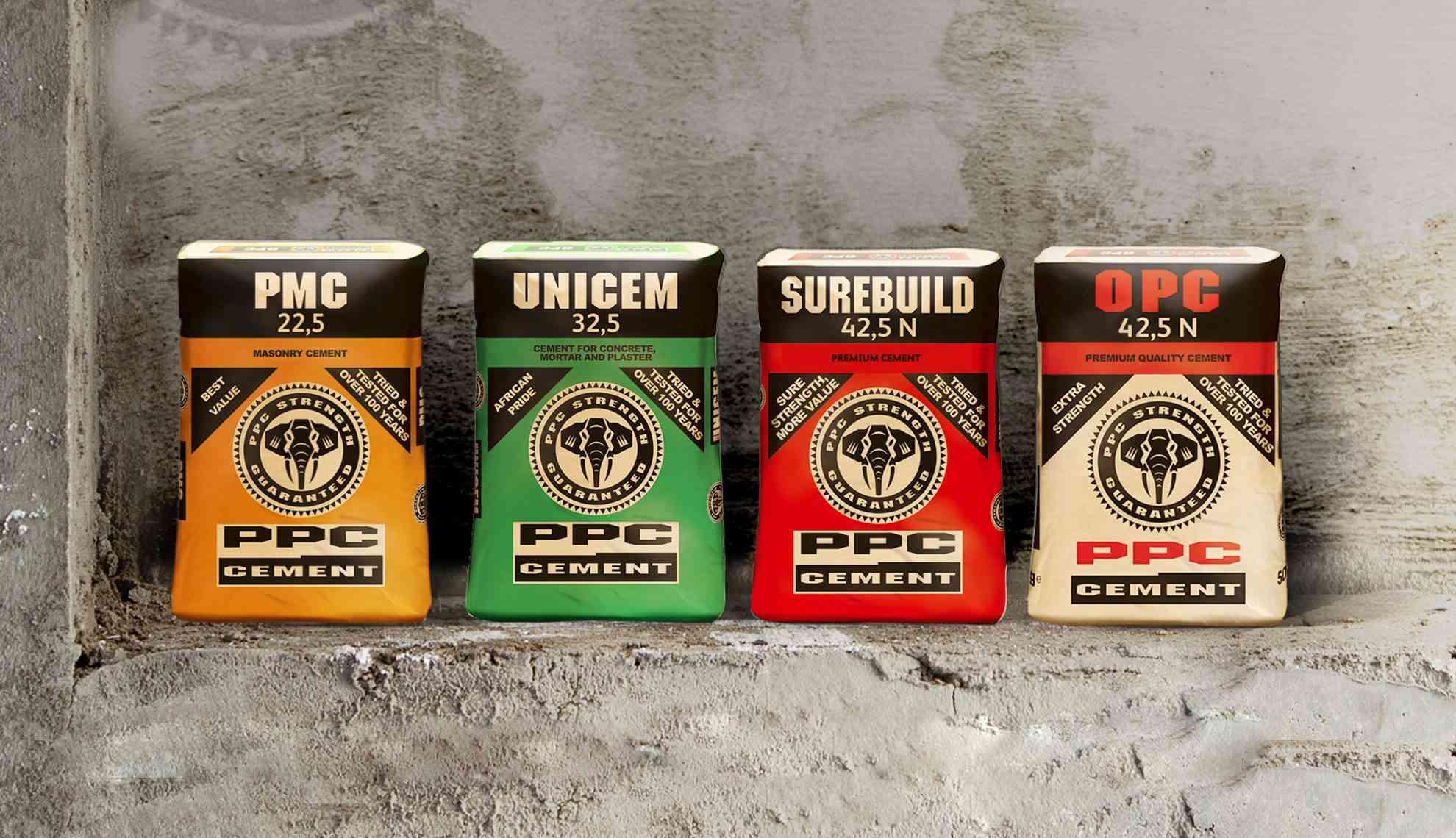
RETAILER, OK Zimbabwe (OK) has seen a drop in its foreign currency sales in favour of Zimbabwe Gold (ZWG) trades since the local tender’s introduction in April, it has been revealed.
After Zimbabwe’s former local currency, Zimdollar (ZWL), had massively depreciated since its reintroduction into the market in June 2019, it was finally scrapped on April 5 for the ZiG, which is now being recognised internationally as ZWG.
The Reserve Bank of Zimbabwe moved to defend the ZWG in the market by arresting all parallel forex market dealers and fining companies using alternative foreign currency exchange rates.
The bank also instructed local financial institutions to increase their “know your client” practices to ensure they do not over-supply ZWG into the market.
Treasury also mandated that only when specified, all taxes are to be paid in both ZWG and foreign currency at a 50/50 split.
Thus, several businesses are starting to see an increase in ZWG collections as sourcing foreign currency has become more difficult, with OK being no exception.
“Subsequent to the end of the financial year, the authorities introduced a new currency, Zimbabwe Gold (ZiG). While the full impact of the introduction of the new currency are still being assessed, the group’s foreign currency collection have declined in favour of ZiG,” OK chairman Hebert Nkala said in the group’s financial statement for the year ended March 31, 2024, released on Thursday.
“The group continued to implement its volume recovery strategies and is looking forward to volume growth in the coming financial year.
- System Tazvida’s grave vandalised
- System Tazvida’s grave vandalised
- Rampaging inflation hits Old Mutual . . . giant slips to $9 billion loss after tax
- Monetary measures spur exchange rate stability: RBZ
Keep Reading
“The business intends to sustain this volume growth trajectory through consistent availability of product, continuance of the fair price campaigns and other key volume recovery initiatives implemented by the business.”
He said the group remained optimistic about the business landscape and resolute in weathering any challenges.
“The group is committed to sustaining this momentum, fostering innovation and creating long-term value for our stakeholders,” Nkala added.
While group revenue grew by 29,4% to ZWL$12,4 trillion in the period under review, from a 2023 comparative of ZWL$9,5 trillion, Nkala called this muted.
Before the introduction of the ZWG, foreign currency transactions nationally made up 80% of the market with the remainder being ZWL$.
“Revenue growth was muted, which in the face of imposed market pricing distortions, reflects the resilience of the business model and the loyalty of our valued customers,” Nkala said.
“Our strategic initiatives to enhance product offerings, optimise supply chain efficiencies and to expand our digital presence have yielded positive results and positioned the group well for future growth.”
He said that operating costs increased by 107% from ZWL$1,67 trillion to ZWL$3,44 trillion during the financial year driven by significant increases in energy costs, utilities and property operating costs.
“Utilities providers such as Zesa and the local municipal authorities increased tariffs for electricity, water and rates in an unsustainable manner, further increasing the cost of doing business,” Nkala said.
“In addition, erratic power supply resulted in reliance on generators, which further drove energy costs higher.”
However, despite the costs, profit after tax grew by 482,4% to ZWL$931 billion in the period under review, from the prior year comparative, buoyed by a net monetary gain of ZWL$2,94 trillion.
OK was adequately capitalised having ZWL$1,15 to every dollar of debt at the end of the period under review.
Total assets were recorded at ZWL$4,56 trillion during the period, up from ZWL$4,1 trillion in the prior year.










